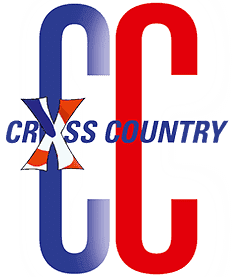Only subscribers can access this page.
Follow this link to subscribe.
If you think you should be able to view this page and can’t then please clear your history or cache by going to Tools/ Clear History in your browser or click on the 3 dots on the top right of your browser window. We recommend Google Chrome as the most user-friendly browser.
More information can be found here
